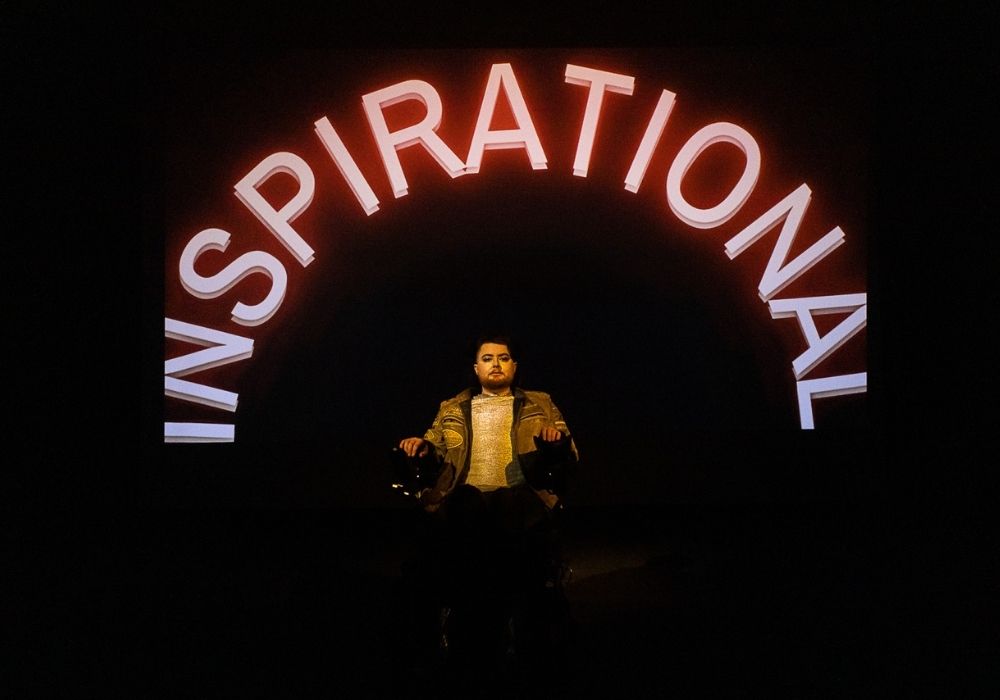Award category:
When I began my career in the arts, I discovered that the only way to find accessible opportunities was to create them myself. Recognizing that if I needed these opportunities, others did too, I founded CRIPtic Arts to reshape the arts sector into one where disabled people can flourish.
Over the past year, my achievements have included directing at HOME Manchester, Bloomsbury Theatre, and the Barbican Centre. I commissioned the ‘Crip Monologues,’ a series of short pieces written by “the kind of disabled person who can’t enter a room without being stared at,” and wrote and performed in the play ‘Quality of Life is Not a Measurable Outcome’ at the Roundhouse. This play starkly contrasts disabled joy against cuts to social care, questioning the conditions under which we survive.
At CRIPtic, we consistently employ, work with, and commission disabled creatives, providing them with real starts in the industry. We now offer work to hundreds of disabled people each year and reach tens of thousands, despite only starting in 2021. Our work centers on creating and offering development opportunities—the kind I needed as an emerging creative myself. I am incredibly proud of what we offer to others.
Creating change is a slow process, but any opportunity to influence it is valuable. I sit on boards advising organizations like Arts Council England and the British Film Institute on disability-related projects. Many people have never conversed with a wheelchair user, and my presence at these tables can influence decision-making, whether in my arts work or my local government consultancy. I was also fortunate to participate in Liz Carr’s documentary exploring assisted suicide, ‘Better Off Dead?’
What motivates me most is seeing people build careers and take opportunities, knowing my work had a tangible impact on their ability to do so. It feels like a real, meaningful contribution to the community.

Disability Power 100 profile information is self-submitted by the profile subject. Shaw Trust understands and respects that disability and impairment descriptors and language use varies from person to person. Shaw Trust assumes no responsibility or liability for any errors or discrepancies in the content of this, or any other, profile page.